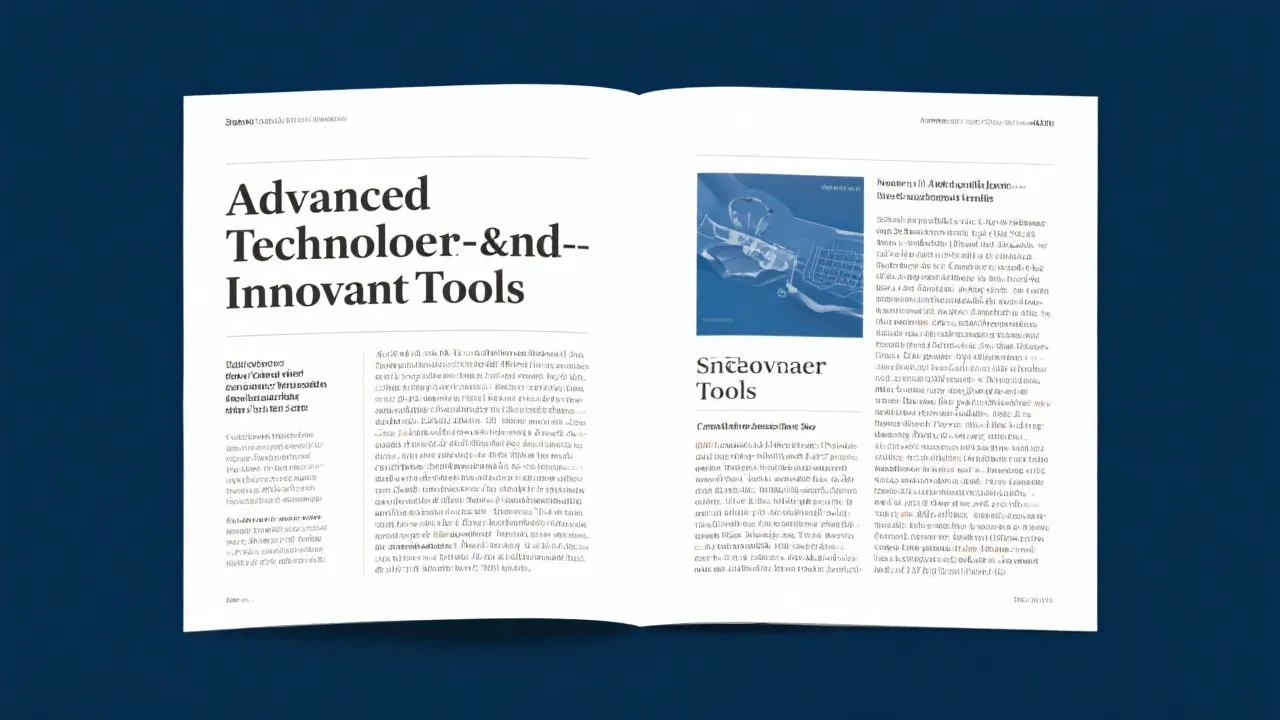Striking the Perfect Balance: Navigating Premiums and Out-of-Pocket Expenses in Senior Insurance Plans
Finding an optimal mix of insurance premiums and direct medical costs is crucial for effective healthcare budgeting. This discussion will delve into tactics to achieve a balance that aligns with your finances.

Assess Financial Capabilities: First, review your financial capabilities to determine what you can afford for both insurance premiums and foreseeable out-of-pocket expenses.
Premium Comparison: Look at the monthly cost of various insurance policies tailored for older adults, ensuring they align with your budget.
Examine Deductibles and Copayments: Scrutinize the deductibles and copayments required by each policy. This will shed light on your possible direct expenses when seeking medical care.
Health Status Consideration: Incorporate your current health condition and potential future healthcare requirements into your decision-making process about premiums and direct costs.
Leverage Health Savings Accounts: Investigate utilizing HSAs to earmark funds for medical expenses, benefiting from potential tax savings.
Provider Networks: Verify if your preferred health service providers are covered under the plan's network, which can help reduce direct medical expenses.
Prepare for Emergencies: Create a contingency plan for unexpected health issues by choosing insurance that minimizes high out-of-pocket costs.
Adjust Plans as Needed: Regularly revisit and adjust your insurance coverage in response to changes in your fiscal situation or health requirements.
Medicare Eligibility: Clarify the criteria and timing for Medicare eligibility based on age or specific medical conditions.
Medicare Components Analysis: Consider which segments of Medicare—Parts A, B, C, and D—are top suited for your healthcare needs.
Initial Enrollment Period Awareness: Keep informed about the Medicare Initial Enrollment Period to avoid missing key deadlines.
Medicare Advantage Exploration: Look into Medicare Advantage plans for additional benefits they may provide.
Prescription Drug Plans: Determine if enrolling in Medicare Part D for medication coverage matches your health care needs.
Be Aware of Special Enrollment: Stay informed about Special Enrollment Periods that could be available under particular conditions.
Prevent Late Penalties: Register for Medicare within designated periods to dodge late enrollment fines.
Professional Help: When necessary, reach out to Medicare counselors or representatives for informed guidance through the enrollment process.
Applying these tactics will help you balance your premium and out-of-pocket costs, ensuring your senior insurance plan meets both your healthcare requirements and financial constraints.










